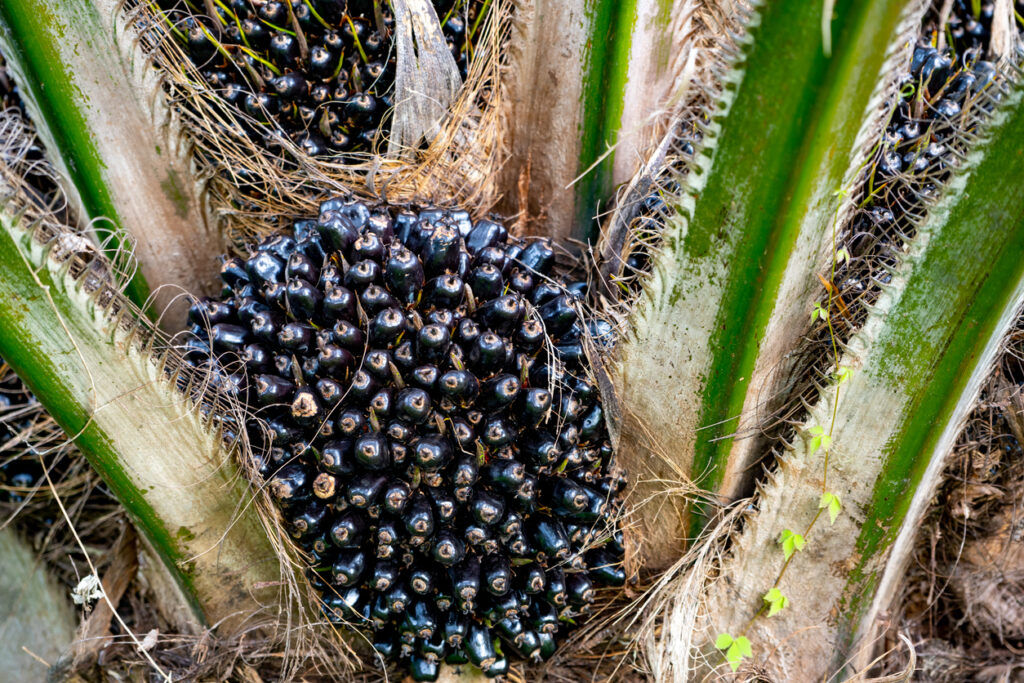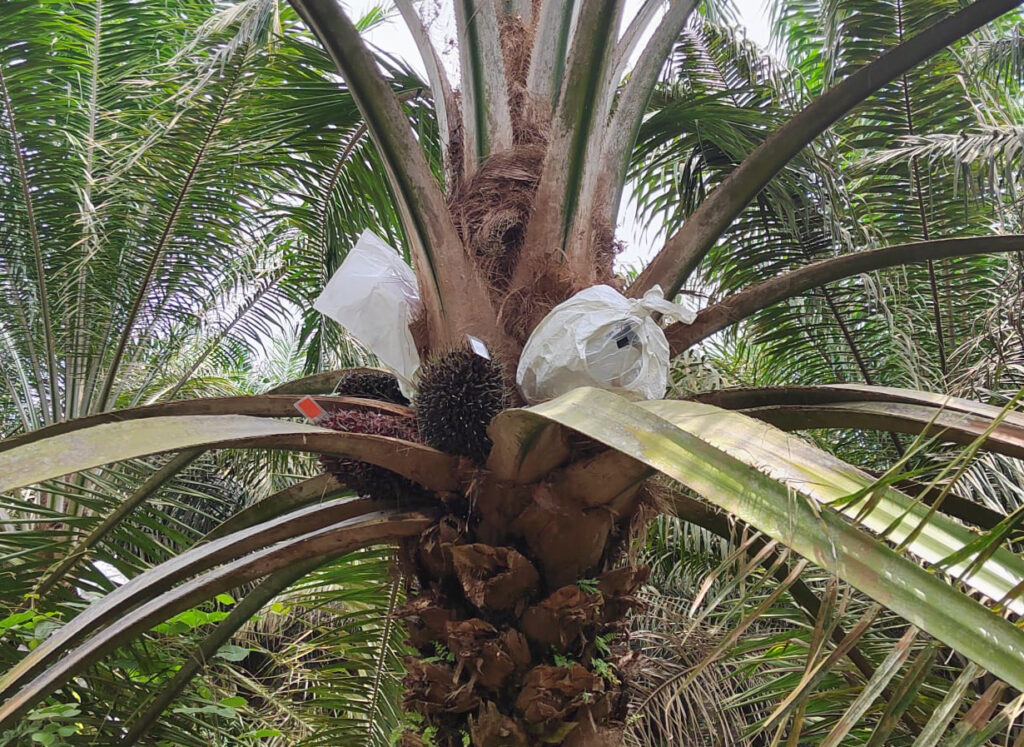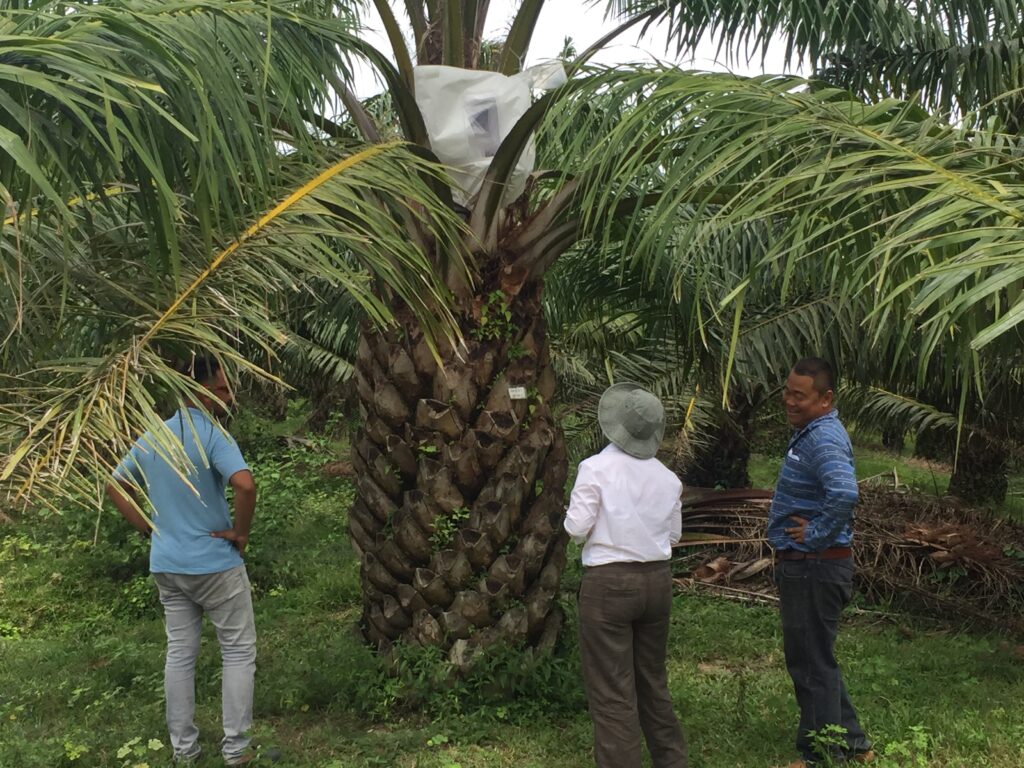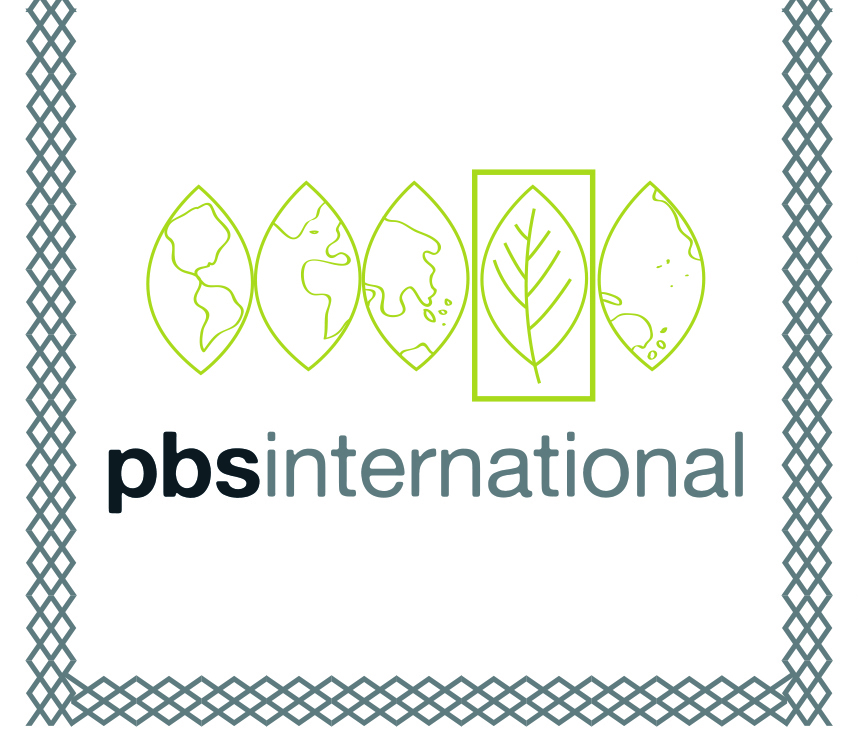We are excited to announce a new research paper, New Nonwoven Fabrics for Pollination Control Bags for Oil Palm, by Marnie E. Light, Daljit Singh Virk, and H Senior, published in the International Journal of Oil Palm (December 2023). The study builds on previous research into the effectiveness of different pollen bags at the Dami Oil Palm Research Station (OPRS) in Papua New Guinea.
This new research explored whether thicker pollen bags better resist punctures from the oil palms’ spiked inflorescences. Although thicker bags often have downsides such as lower permeability, greater cost or less flexibility, there could be a valuable trade-off if they are also more durable. However, the results showed that thickness didn’t improve durability.
Researchers tested three thicknesses of PCB in controlled conditions against the standard duraweb® pollination bags, finding that all bags securely isolated the flowers and thicker bags did not reduce punctures. Some variation in results was down to individual workers, suggesting that, unsurprisingly, training and technique are also important factors. Given the findings of the previous research, which showed that duraweb® bags resulted in substantially more seeds per bag than canvas or polyethylene (Tyvek) pollination bags, it’s clear that PBS International’s pollination control bags remain the optimum choice for oil palm pollination control.
Results and conclusions include:
• “although strength is an important characteristic, creating materials with even greater strength does not appear to perform better.”
• “Examination of the bags after the completion of pollination process at the removal of bags did not reveal any obvious signs of any other damage and all the bags were found to be in fairly good condition”
• “Selection of appropriate PCBs should be based on a careful trade-off between a number of properties of the material and the bag itself.”





